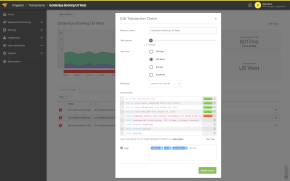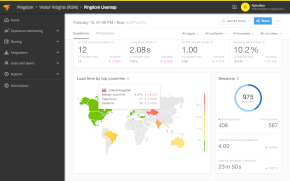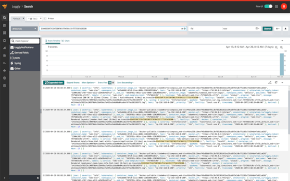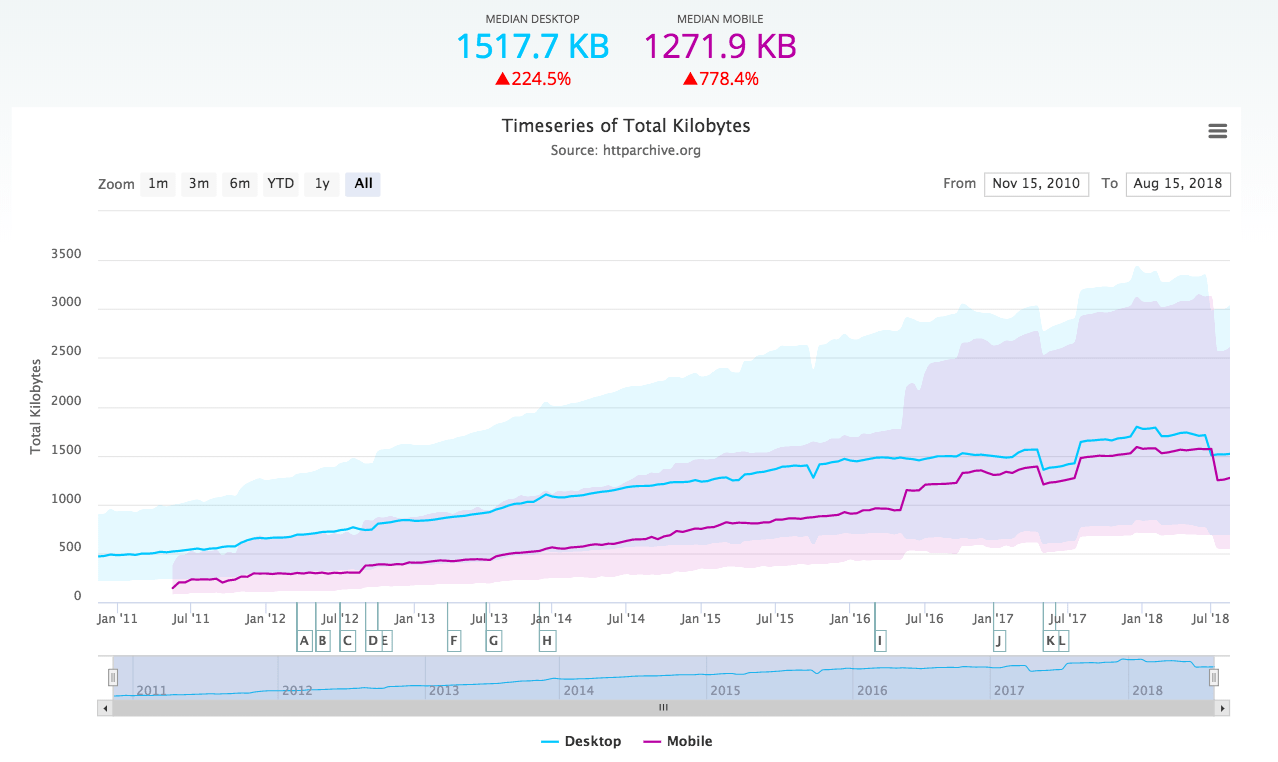 One short blog post can have a major impact on how a business can be seen. One little tweet can convince thousands of customers to buy a product or to walk away from a company forever. Whether or not an employee’s online activities are sanctioned by his employer, even a little involvement with social media can have some extreme results.
One short blog post can have a major impact on how a business can be seen. One little tweet can convince thousands of customers to buy a product or to walk away from a company forever. Whether or not an employee’s online activities are sanctioned by his employer, even a little involvement with social media can have some extreme results.
This article takes a look at social media policies in action and gives some tips to companies on what they can do.
Social media policy in action
Those extreme results have lead more than one business owner to create a social media policy banning employees from using social media at all — sure, this approach means that an employee won’t inadvertently irritate your customers, but it won’t actually offer the best social media results. Because social media can be a major source of traffic for a website, especially a blog, simply saying no to social media is more likely to come back and bite you than protect you.
Instead, every company with a website (and even those without) needs a social media policy that recognizes that letting employees use social media with some guidance can be beneficial to the company as a whole. Zezza Network, a marketing agency based in New York City, encourages its staff to actively use Twitter and other social networking sites, as well as blog and post videos to the web. Mike Street, Zezza Network’s director of social marketing, pointed out that the company does provide some guidance:
“Of course we have let our staff know that they need to be responsible for their online actions and to use common sense when posting to a site… Our social media policy has been distributed company wide and available on our intranet for all to reference when necessary.”
That approach has paid off both for Zezza Network in terms of its positive search results online, as well as its ability to put similar policies into play for clients. Jim Beam is on that client list and Zezza Network’s social media skills helped Jim Beam bring home a 2009 Sammy award for Best Integrated Social/Cross Media campaign for the company’s “The Remake” contest.
Planning your own social media policy
In order to get more traffic to your website, it can make sense to encourage your employees to participate in social media, perhaps even during company hours. But just as telling your employees to absolutely not use social media at all doesn’t make sense, it’s not a great idea to just turn them loose on blogs and other social media sites with absolutely no guidance. Just a little training can help ensure that your employees really are helping your website promotion efforts along:
- Offer examples of what to do (and what not to do): If you can provide your employees with a few role models, they’ll have an easier time of figuring out social media in general. Showing some examples of how social media can go wrong also shows them that there really are consequences to what they do online.
- Discuss your policies and expectations: Especially if you’re actively encouraging employees to use social media at work, it’s important to review what your expectations are, as well as how you plan to keep an eye on what your employees are doing.
- Encourage your employees to use their common sense: Most folks can figure out pretty quickly what they should and shouldn’t be doing. A reminder that both their boss and mother can look at anything they post online may be enough to answer quite a few social media questions.
Training and guidance can be the factor that makes the time your employees spend on social media pay off. After all, the time Zezza Network spent training both its staff and Jim Bean’s lead to a Sammy.
If you need some insight into just what a social media policy might look like, Chris Boudreaux has brought together a list of more than 100 social media policies from different companies on his site, SocialMediaGoverance.com.
About the author:
Thursday Bram writes about technology and small business. You can find Thursday on Twitter and on her own blog at ThursdayBram.com.
























